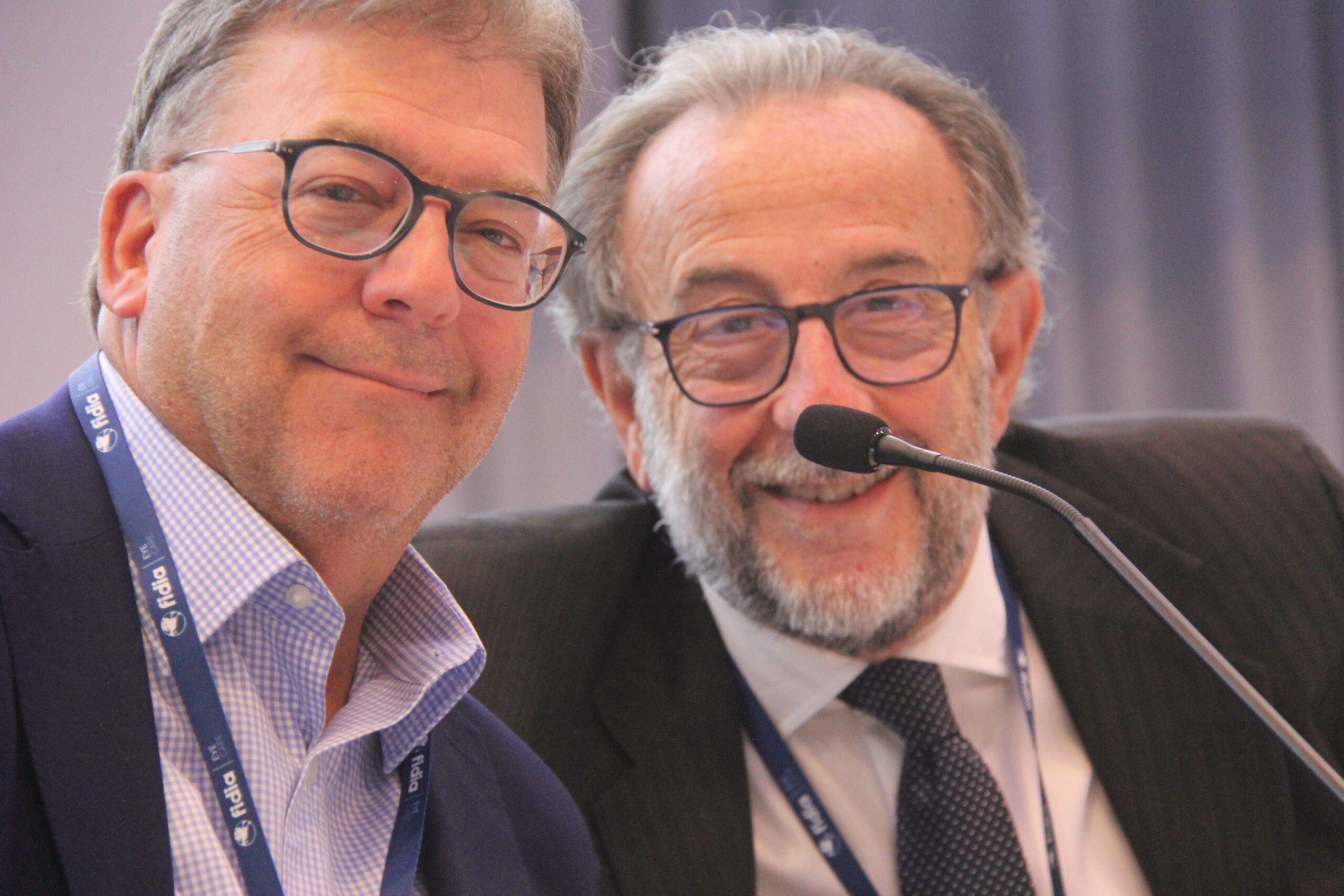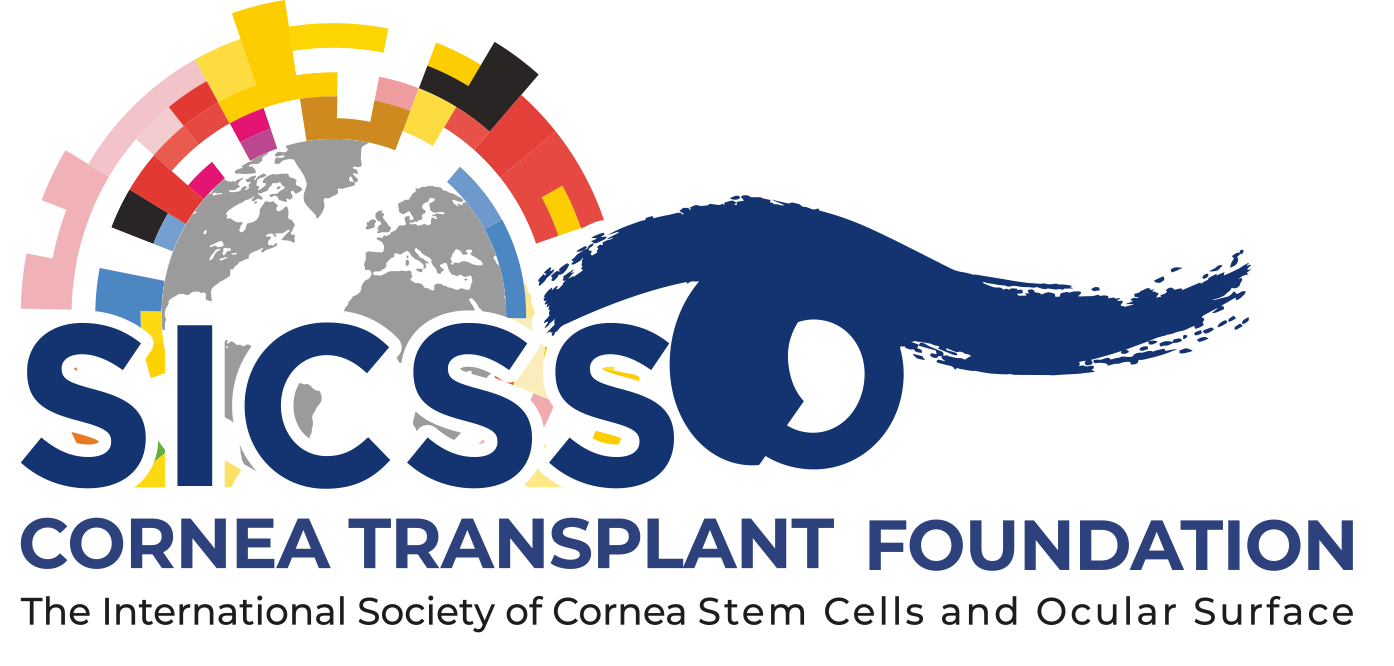
S.I.C.S.S.O.
There are over 10 million people worldwide living with treatable blindness. However, the current number of keratoplasties should grow 70 times to meet the number of those who are in need.
The newest lamellar keratoplasty surgical techniques may consent to improve the pool of donor tissues; in fact one donor cornea can be used for more than one recipient. One donor cornea can provide one DALK graft, one DMEK graft, and even a KLAL or scleral patch graft.
Furthermore, lamellar keratoplasties have a better prognosis than traditional PK. Lamellar keratoplasties have a significant lower incidence of rejection, higher and longer graft survival, and less intraoperative and postoperative complications.
Despite PK is becoming an uncommon procedure in advanced corneal centers, this traditional keratoplasty is still the most adopted procedure in the world, even in industrialized countries. When transitioning from PK to lamellar techniques, most of corneal surgeons have to face a tough learning curve without mentors who could help in overcoming the difficulties of these new techniques.
For all these reasons, S.I.C.S.S.O. (the International Society of Cornea Stem cell and Ocular surface) will have a new “mission”: the “Cornea transplant Foundation for developing countries”.
1) Which is the goal of this mission?
S.I.C.S.S.O. wants to increase the number of corneal transplants in the world and to spread the newest and better lamellar techniques.2)How this goal can be achieved?
Mentoring support for surgeons who are in a learning curve phase can accomplish very good and fast results. This could turn existing corneal centers into advanced corneal centers, dramatically reducing the number of PK (with all the advantages explained above). This tutoring support could also increase the access to keratoplasty in areas where corneal transplants are not yet performed.3) Is S.I.C.S.S.O. providing tutoring support for surgeons only?
No! S.I.C.S.S.O. can provide tissues forniture in the beginning of the transplant activity and can offer tutoring for scrub-nurses and eye banks too.4)What S.I.C.S.S.O. needs from “S.I.C.S.S.O. Friends” and Ambassadors?
S.I.C.S.S.O. needs to be introduced in the areas of the world that needs this kind of support and to be assisted to obtain legal authorization.
S.I.C.S.S.O. can provide knowledge, teachers, and surgical support through volunteer expert surgeons, nurses, and technicians.
However, S.I.C.S.S.O. is a very young non-profit organization, and it needs financial support to cover the expenses of these activities.5) How can a candidate apply?
An Application Form will be soon available on the S.I.C.S.S.O. website Sicsso.org . The form is constructed to collect all the informations to make each mission successful, such as operating room characteristics, available instrumentation, process for legal authorization, and level of cornea training.




